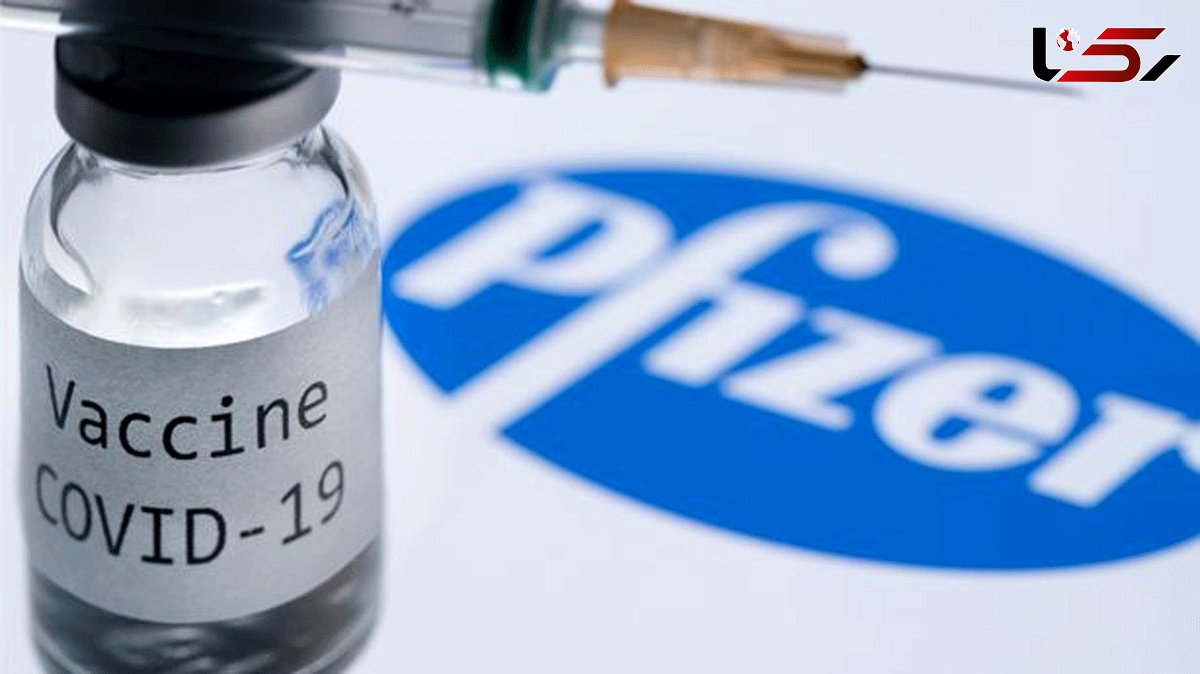Covid vaccine: Four Pfizer trial participants developed facial paralysis, FDA says
Rokna: Four participants in Pfizer's coronavirus vaccine trial have developed facial paralysis called Bell's palsy - but experts say it’s likely unrelated to jab

Four participants in Pfizer's coronavirus vaccine trial have developed facial paralysis called Bell's palsy - but experts say it’s likely unrelated to jab
New documents have revealed that four participants in the Pfizer coronavirus vaccine trial developed Bell's palsy - a condition that causes a temporary weakness or paralysis of the muscles in the face.
The patients were taking part in the US vaccine trial, which included 38,000 participants.
The Bell’s palsy is believed to be unrelated to the vaccine, with cases in the trial occurring at the same rate as in the general population.
A document by the FDA said: “Among non-serious unsolicited adverse events, there was a numerical imbalance of four cases of Bell’s palsy in the vaccine group compared with no cases in the placebo group, though the four cases in the vaccine group do not represent a frequency above that expected in the general population.”
The cause of Bell’s palsy remains unknown, with the NHS suggesting it may be linked to the herpes virus.
The NHS website explains: “Because it's probably caused by an infection, Bell's palsy cannot usually be prevented. It may be linked to the herpes virus.”
Among the four trial participants who developed Bell's palsy, one started experiencing symptoms three days after they received the jab, but thankfully the facial paralysis only lasted for three days.
The second participant discovered symptoms nine days after the jab, while the other two experienced facial paralysis 37 and 48 days after vaccination.
Those three participants received within 10 to 21 days.
Bell’s palsy is characterised by a dropping of one side of the face, and is often mistaken for a stroke.
The NHS explained: “Unlike Bell's palsy, the symptoms of a stroke usually come on suddenly.”
Following its approval in the UK, FDA advisers are now overwhelmingly backing the authorisation of the Pfizer vaccine in the US.
The vaccine still needs to be formally approved by the FDA's vaccine chief, which is expected in the coming days.
Speaking on Wednesday, Alex Azar, the US health secretary, said, "we could then have a vaccine within days, and be administering it to the most vulnerable by next week".
Mirror

Send Comments